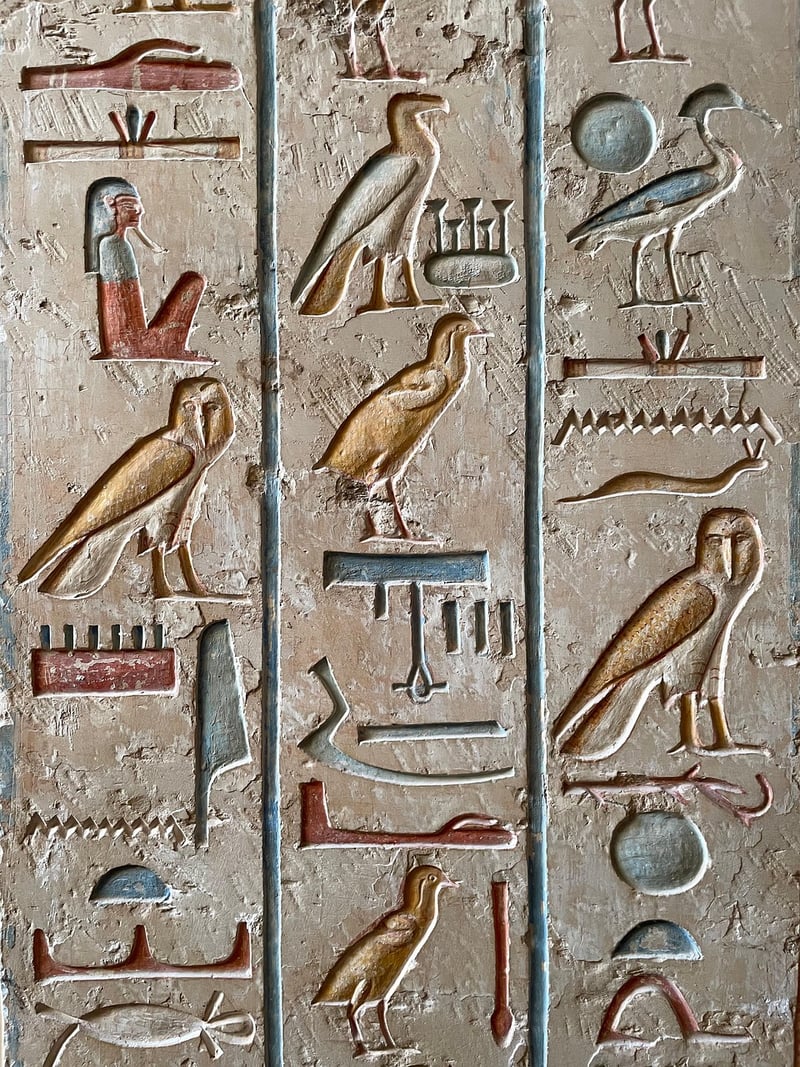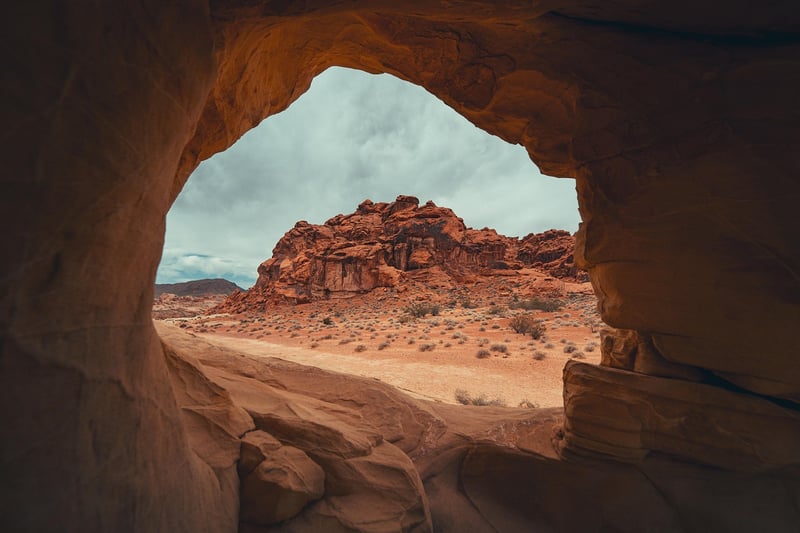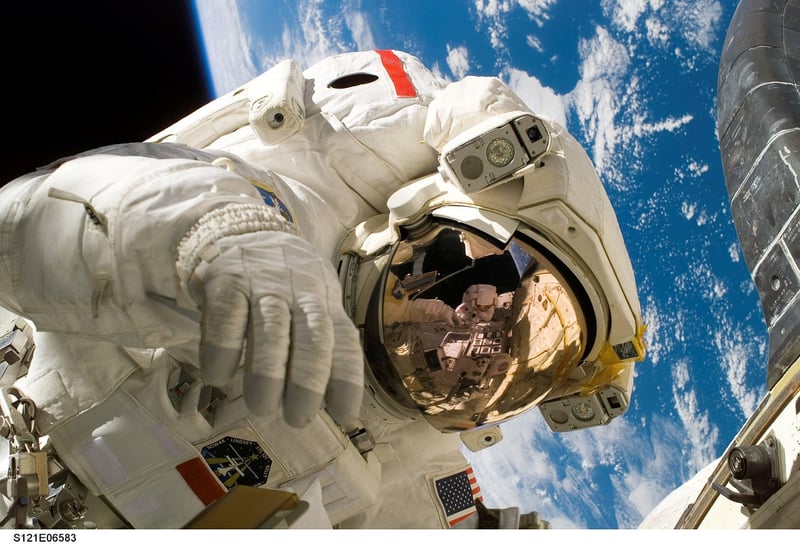Future Exploration
Exploring Different Eras and Future Exploration
Introduction
Exploring different historical eras and contemplating future exploration have always fascinated humankind. From ancient civilizations to modern space missions, the thirst for discovery and understanding has driven us to explore the unknown. Let's delve into the various eras of exploration and what the future holds for humanity's quest to push boundaries.
Ancient Exploration
Ancient civilizations like the Egyptians, Greeks, and Romans were pioneers in exploration. They voyaged across seas, built elaborate trade routes, and expanded their empires through conquest. Their bravery and curiosity laid the foundation for future explorers.

Age of Discovery
The Age of Discovery in the 15th to 17th centuries saw European powers like Spain, Portugal, and England embark on voyages of exploration. These journeys led to the discovery of new continents, trade routes, and cultures, shaping the course of history.

Space Exploration
The 20th century marked a significant leap in exploration with the advent of space exploration. Pioneered by nations like the USA and Russia, humans landed on the moon, sent probes to distant planets, and continue to push the boundaries of our universe.

Future Exploration
The future of exploration holds exciting possibilities. From Mars colonization to deep-sea exploration, humans are poised to unravel the mysteries of the universe further. Advancements in technology, robotics, and artificial intelligence will pave the way for unprecedented discoveries.
Conclusion
Exploration has been an integral part of human history and will continue to drive us towards new horizons. By learning from the past and embracing the future, humanity can embark on incredible journeys of discovery and innovation.
Stay curious, stay adventurous, and keep exploring!